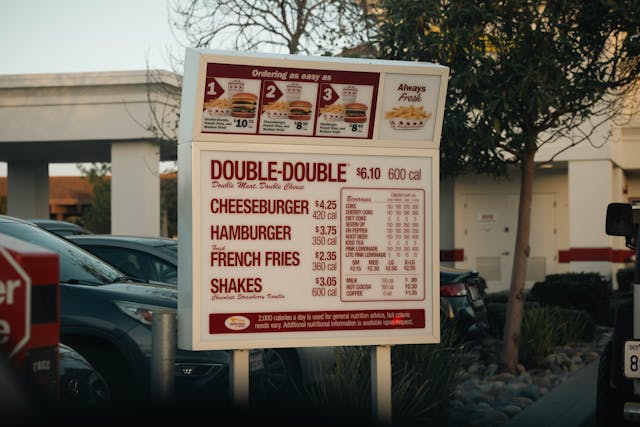William Edwards
7 min read
-
Wall Street money managers shared the highlights of their investing careers with BI.
-
Their stories highlight the role of both skill and luck in making successful investment decisions.
-
The trades range from buying undervalued stocks to strategic exits during the Great Financial Crisis.
Last month, Business Insider highlighted tales of investing glory from 10 everyday Americans. For some, their best investment was their house. For others, it was holding on to superstar stocks like Nvidia or Apple.
But what about the pros? Over the last few weeks, senior Wall Street money managers have regaled us with stories of their career highlights.
A degree of luck played a role in each trade, to be sure, but all of the anecdotes also highlight why top asset managers are among the best in their business: their ability to spot timely opportunities and capitalize on them, either in the short term or over many years.
GMO's Arjun Divecha used negotiating tactics at 3 a.m. to eventually realize a 6,400% return. Haverford Trust's Hank Smith knew to get out of a stock just a day before it fell 86%.
Here are the stories of the best trades six Wall Street veterans made, either through their firms or for their personal accounts.
In 1998, Russia experienced a financial crisis that caused its stock market to crash by 98% and sparked a brief global financial shock.
Divecha started buying up discounted shares of machinery producer UralMash, now known as United Heavy Machinery, amassing a 5% stake in the company.
One night, he got a call at 3 a.m. from a Russian investor who owned 2% of the firm and wanted to know if Divecha and GMO were interested in buying it.
"I said, 'Ok, what is the bid-ask on this?' because one of the first things you learn in a crisis is you never say, 'What's the price?'" Divecha said. "There's no such thing as a price in a crisis."
The investor was asking for a dollar a share, but the current bid was for 50 cents. Annoyed at being woken up, and knowing that several failed New York-based hedge funds were due to liquidate their shares in the company soon, Divecha said he would buy his stake for 23 cents a share and that the offer was good for a minute. The investor accepted.
"I am convinced that had I said 25 cents, he would not have taken it," Divecha said. "When I said 23 cents, I was using something I call the illusion of precision — that somehow he thought that I had done some complicated math and come up with 23 cents."













